The Supreme Court has reserved its judgment regarding the appeal made by Mr. Peter Obi, the candidate of the Labour Party (LP), challenging the outcome of the presidential election held on February 25.
A seven-member panel of the apex court, led by Justice Inyang Okoro, approved the matter for judgment after all the parties presented their briefs of argument.
Obi and the LP, represented by Dr. Livy Uzoukwu, SAN, urged the court to uphold the appeal and set aside the judgment of the Presidential Election Petition Court (PEPC), which had previously dismissed their petition.
In response, the Independent National Electoral Commission (INEC), President Bola Tinubu, and the All Progressives Congress (APC) called on the court to dismiss the appeal due to a lack of merit.
The panel stated that it would communicate the judgment date to all parties involved.
Obi, who secured third place in the election, presented 51 grounds of appeal, contending that the PEPC panel had made legal errors and reached an incorrect conclusion when dismissing his petition.
He alleged that the panel had incorrectly evaluated the evidence he had provided and had caused a significant miscarriage of justice by concluding that he had failed to specify polling units where irregularities had occurred during the election.
Furthermore, Obi and the LP criticized the PEPC for dismissing their case on the grounds that they had not specified the figures of votes that were allegedly suppressed or inflated in favour of President Tinubu and the APC.
They accused the Justice Haruna Tsammani-led PEPC panel of legal errors when relying on paragraphs 4(1)(d)(2) and 54 of the First Schedule to the Electoral Act 2022 to strike out paragraphs of the petition.
Obi insisted that the lower court had breached his right to a fair hearing, asserting that the evidence of his witnesses had been unjustly dismissed as incompetent. He stated that the panel had wrongly dismissed his allegation that INEC had uploaded 18,088 blurred results on its IReV portal.
Additionally, Obi alleged that the lower court had ignored his contention that certified true copies of documents issued by INEC to his legal team comprised 8,123 blurred results that contained blank A4 papers, pictures, and images of unknown individuals, purporting to be the CTC of polling unit results of the presidential election.
He argued that the lower court had erred in law and caused a miscarriage of justice when holding that he had failed to establish the allegation of corrupt practices and over-voting.
Obi also highlighted that it was incorrect for the lower court to rely on the legal principle of estoppel to dismiss his claim that INEC had bypassed its regulations by refusing to electronically transmit the election results from polling units to the IReV.
Moreover, Obi contended that the PEPC had overlooked evidence that President Tinubu had previously been indicted and fined $460,000 in the USA over his involvement in a drug-related case. He argued that imposing a fine was not limited to a criminal conviction, as the term, in legal terms, includes civil forfeiture.

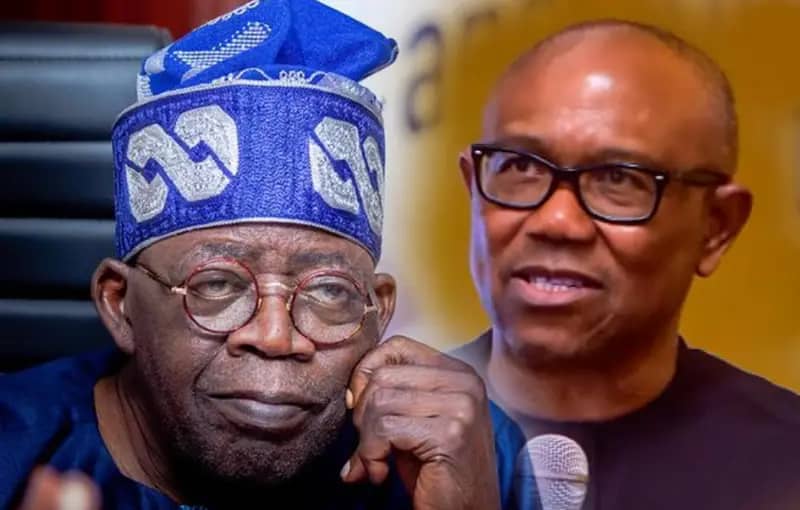


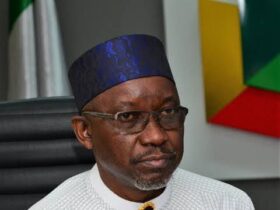
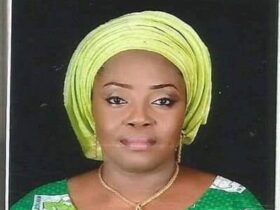
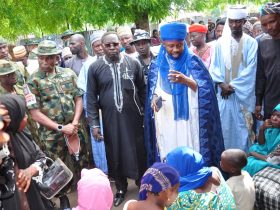
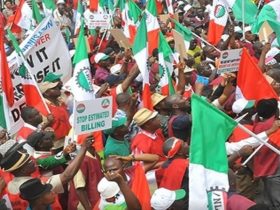
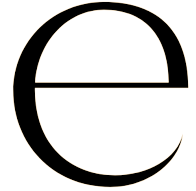
Leave a Reply